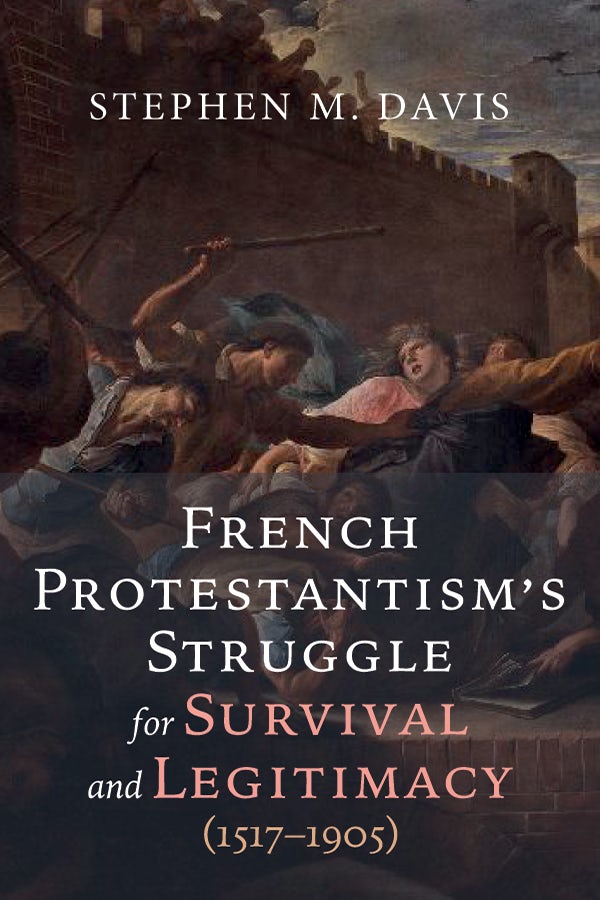At the dawn of the Protestant Reformation, French Protestants began their struggle for religious equality and civil rights. They faced opposition from the monarchy and the Roman Catholic Church. For centuries the Catholic Church had influenced every aspect of life–cultural, educational, social, political, and economic. Protestantism arrived as a foreign invader and disrupted the Catholic monopoly. Protestants did not receive individual civil and religious rights until the French Revolution in 1789. The Declaration of the Rights of Man and of the Citizen announced a new era of religious tolerance. Official recognition of the Protestant religion was not granted until Napoleon came to power and imposed the Concordat of 1801 and the Organic Articles in 1802. The rights obtained by Protestants did not always translate into protection from violence and discrimination. During the nineteenth century, political upheaval and attempts to reestablish Catholicism as the state religion led to the termination of the Concordat in 1905. The history of French Protestantism serves as a reminder of the danger of either religion or government assuming powers and roles which have not been attributed to them by the law of the land, the laws of God, or the will of citizens.

French Protestantism’s Struggle for Survival and Legitimacy (1517–1905)
Series: Publications by Members
Publisher: Wipf and Stock
Year Published: 2023
ISBN: 978-1666771312